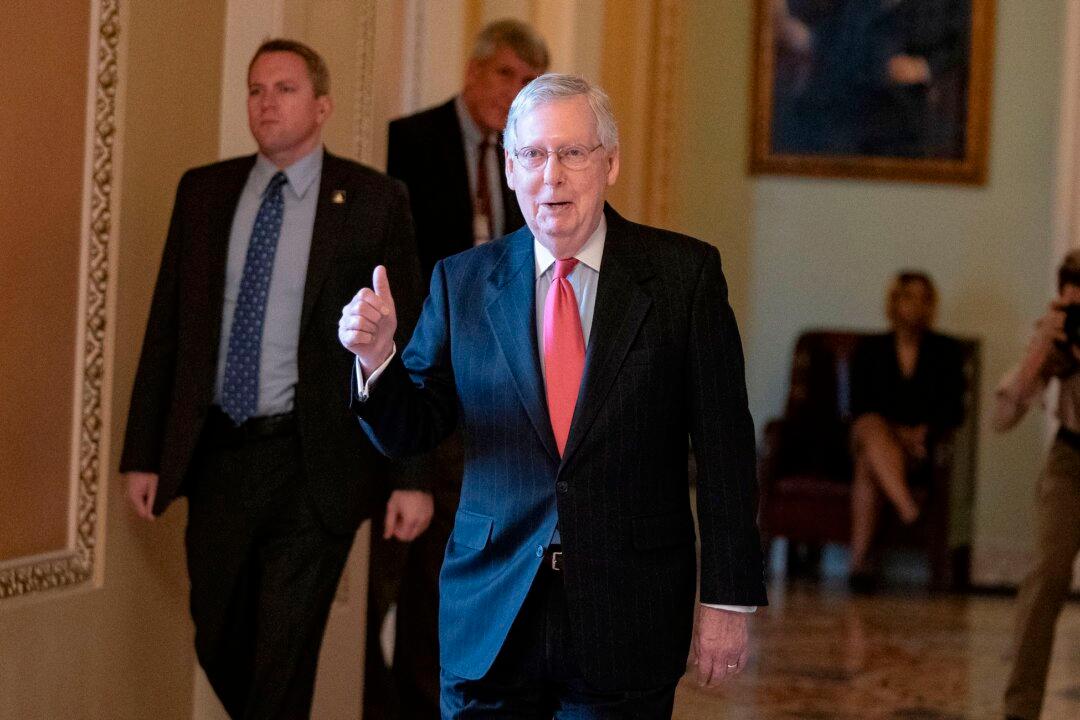The historical $2.2 trillion economic stimulus bill approved by the Senate would provide a tax break for employers who make student loan payments on behalf of their employees.
Under the Section 2206 of the bill (pdf), employers are allowed to pay off a portion of student loan balances for their employees and new hires on a tax-free basis. An employer may contribute up to $5,250 each year toward an employee’s student loans, and those payments would not be treated as wages, and therefore would be excluded from income and payroll taxes to both the employee and the employer.





